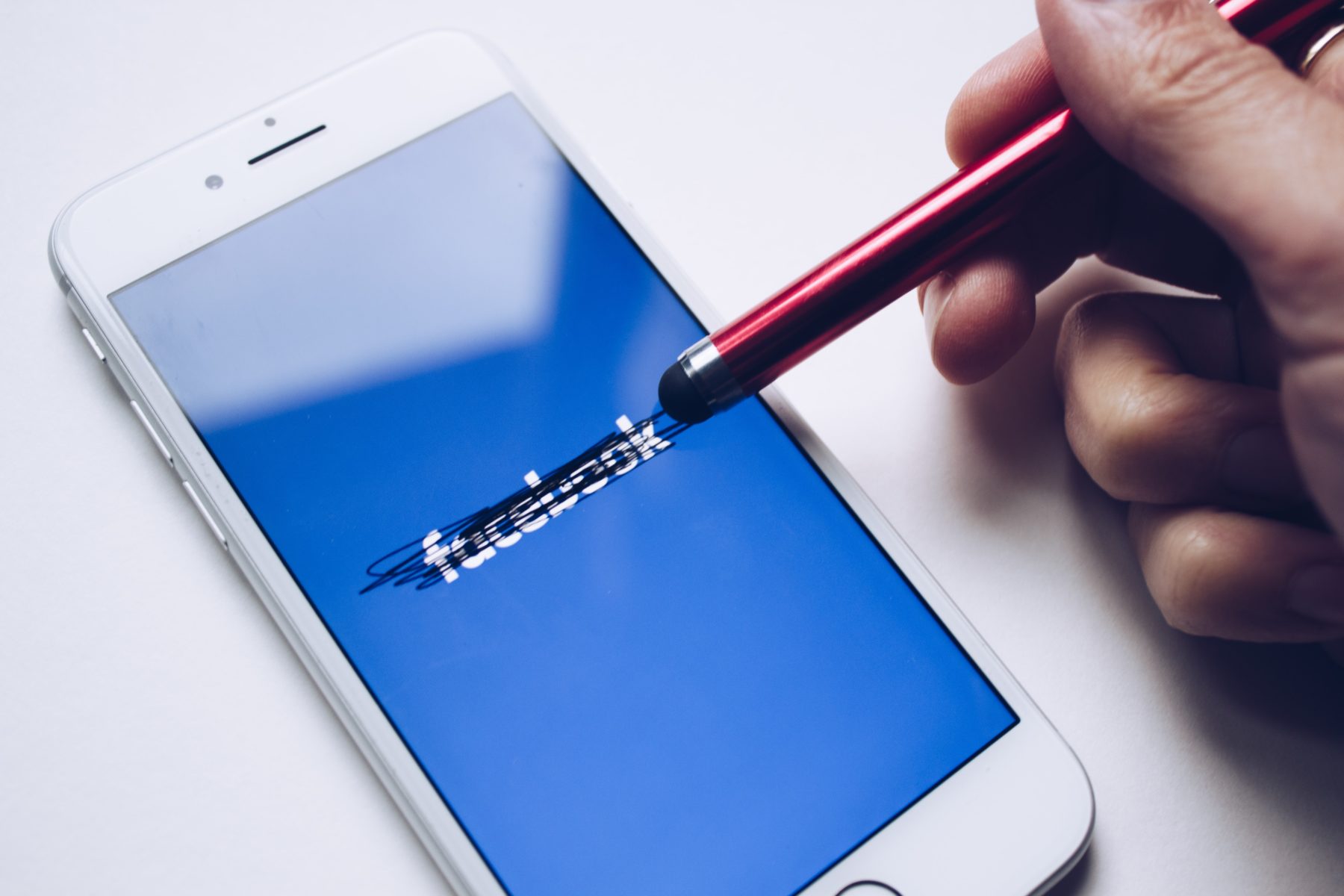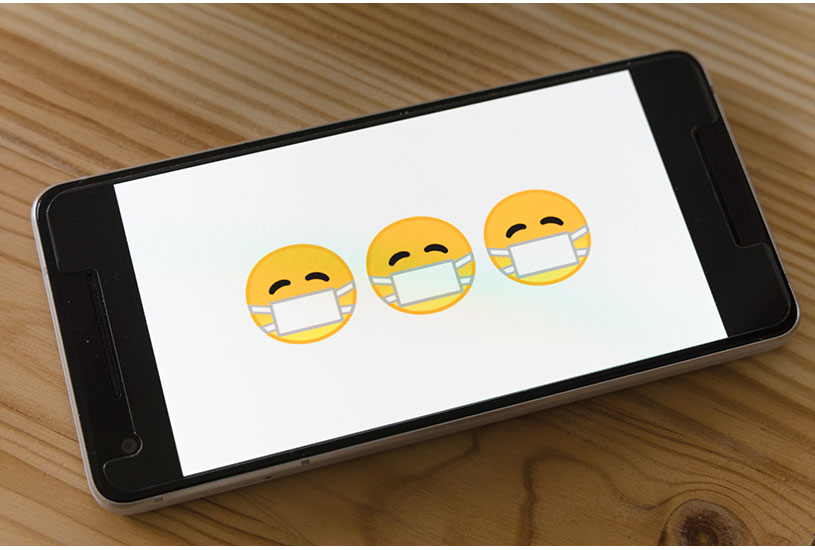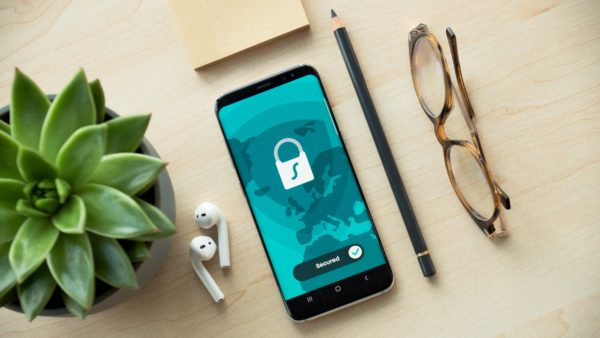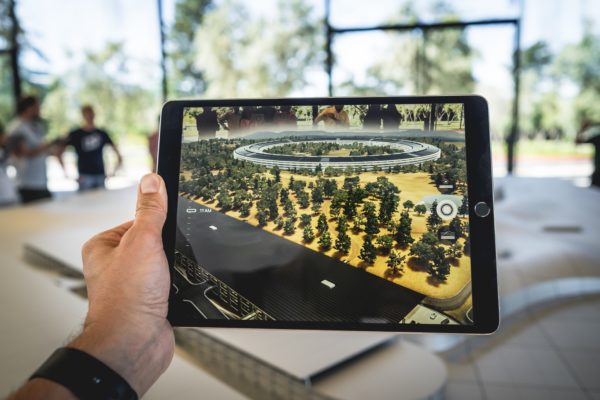The COVIDSafe app could help us with contact tracing during the pandemic. But concerns around data collection have many Australians balking.
The Australian Government’s COVIDSafe app has been with us since April, when the virus’ hold over the country was still in its early stages.
Nearly five months on, many are still hesitant to use the app over privacy concerns.
But when the health of our nation is at risk, do we really have grounds to be worried? And how does this compare to the fact that we jeopardise our privacy every time we go online?
The CLOUD Act
We know that COVIDSafe needs to collect some of our data in order to fulfil its role as a contact tracing app. It requires access to our location, and the people we share that space with.
But for many Australians, it’s where this information is being stored that’s cause for concern.
The data is hosted on an Amazon Web Services server in the US, despite the fact that COVIDSafe is only available in Australia.
And although the Government assures us that all data collected will not be accessible overseas, this may not always be the case.
Dr Toija Cinque – a senior lecturer within Deakin University’s School of Communication and Creative Arts – is interested in public perceptions of digital privacy.
She’s been researching health data and the use of contact tracing technologies, such as COVIDSafe, during the pandemic.
She says that, under the US’ Clarifying Lawful Overseas Use of Data Act (2018) – otherwise known as the CLOUD Act – the US may be legally compelled to provide our data to law enforcement.
“Official requests would likely relate to the prevention, detection, and investigation of cybercrime activities or serious criminality, such as child exploitation.
“It sounds like reasonable grounds to ask for this information. But it’s the unintended consequences of sharing this data that has some members of the public feeling a bit nervous.
“If applied unequally in our communities, it may cause disadvantage and discrimination. Individual privacy and civil liberties can be undermined.”
Navigating our own hypocrisy
Understandably, many of us are concerned about the way our data could be used, and the repercussions of that information falling into the wrong hands.
But we’re also avid users of social media services, who are notorious for using our data against us. How do we deal with our own hypocrisy?
According to Dr Cinque, more than half of the Australian population know that mobile applications collect our personal data. But very few of us adjust our privacy settings accordingly.
“Caring on its own does not automatically equate with adequate self-protection.”
A significant obstacle is the fact that the terms and conditions we agree to in order to use social media are difficult to understand.
In an ideal world, they wouldn’t be a grey jumble of legal jargon. We could take our time to read and consider what we are agreeing to.
For instance, COVIDSafe does allow you to delete some of your data. But the responsibility lies with you, the user, to initiate it – and the app doesn’t make it clear how you should go about doing that.
Dr Cinque says that greater transparency from the services themselves is called for.
“Explanations of key legislation and the industry practices governing the collection, storage and sharing of individuals’ data is fundamental.
“This would ensure that when we sign up to a service, we do so by providing informed consent.”
Holding digital services accountable
It’s difficult to keep your data to yourself when surfing the web. But as Dr Cinque points out, we don’t seem to have a choice in the matter.
“It’s hard – even impossible – not to participate when socialising, employment, and education services have progressively gone online. This is intensified during the pandemic.”
She says that the responsibility to maintain privacy shouldn’t rest on the individual alone –for some of us, Cinque argues – boycotting social media services or going completely off-grid can be viable forms of transformative activism.

What we really need is to demand better from our online services by holding them accountable for unethical conduct; especially when our data has become a commodity, Cinque says.
“Digital privacy needs to be approached proactively by individuals and industries together.
“We too quickly trade-off concerns about what information is being gathered – who has access to it, how long for, and for what purposes – for convenience. Our range of freedoms and choices are fast diminishing.
“In liberal, Western democratic nations, privacy is a human right with value and power. It is not something that should be relinquished lightly.”
Dr Toija Cinque has been researching health data and the use of contact tracing technologies during the pandemic. She is currently running a survey to investigate the perceptions of personal privacy.



